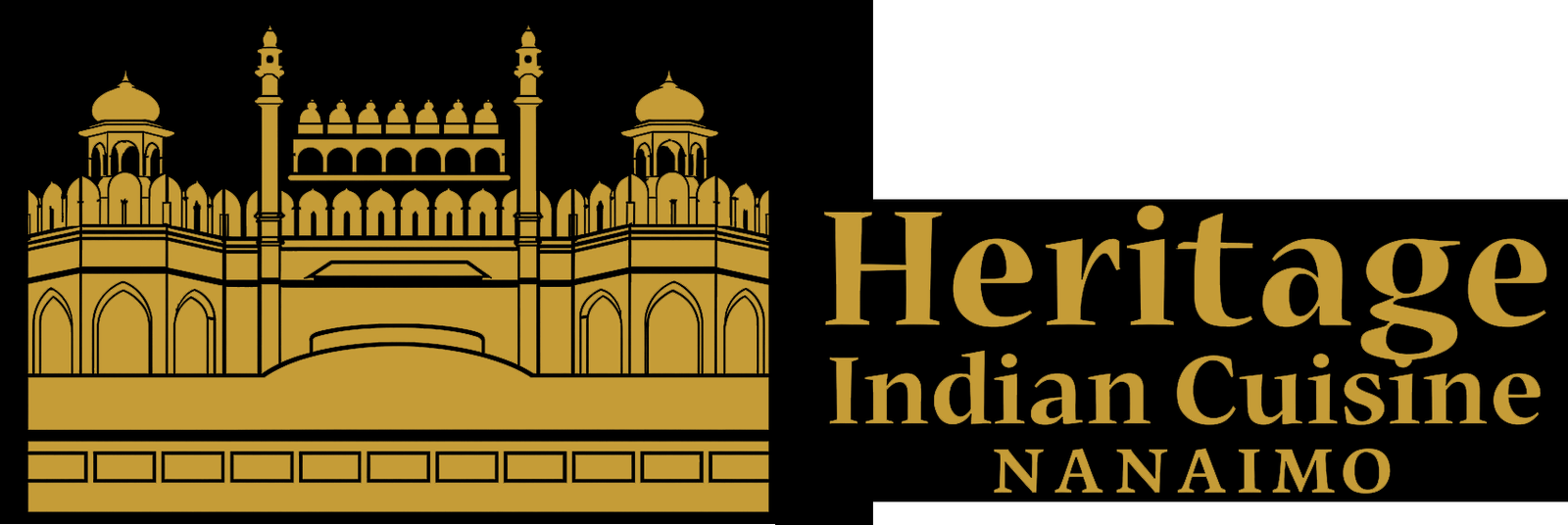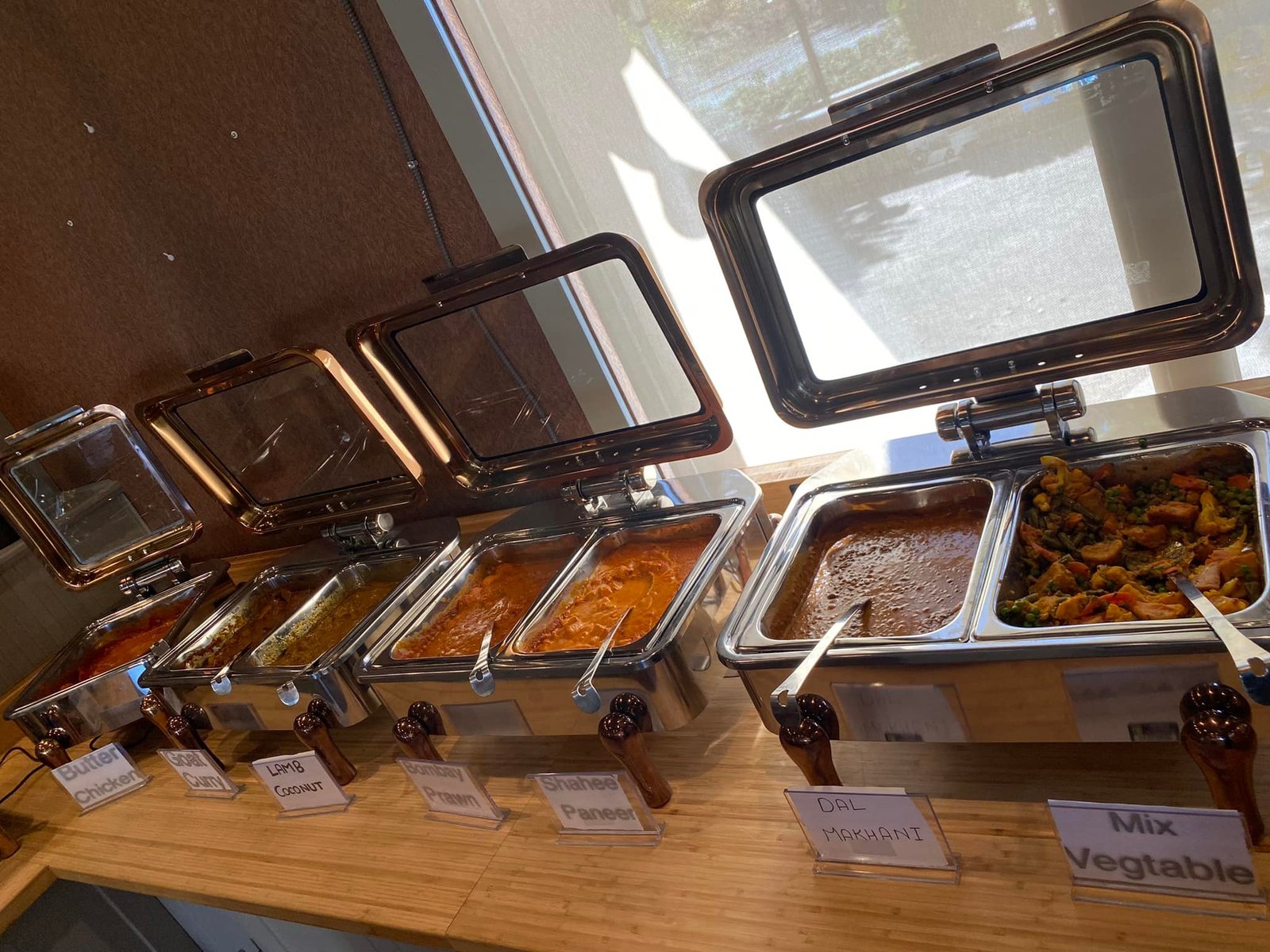India, a country known for its rich and diverse culinary heritage, has seen a remarkable transformation in its food catering industry over the past few decades. From small family-run businesses to large-scale event caterers, the catering services in India have evolved to cater to the dynamic tastes and preferences of its population and international clientele. This article explores the significance, diversity, and growth of food catering services in India, as well as the challenges and opportunities within the sector.
A Rich Culinary Tradition
India’s food culture is one of the most diverse in the world. With over 28 states and 8 union territories, each region offers its own unique cuisines, ingredients, and cooking techniques. From the spicy curries of Punjab to the coastal delicacies of Kerala, and from the vegetarian thalis of Gujarat to the meat-rich dishes of Hyderabad, Indian food caters to a wide variety of palates. This vast culinary diversity provides a solid foundation for the catering industry.
Caterers in India often specialize in regional cuisine but are also increasingly expanding their menus to include pan-Indian and international dishes. The fusion of traditional and modern flavors has opened up new avenues for caterers to innovate and attract diverse clientele, both domestically and abroad.
The Role of Catering in Indian Society
Catering services hold a central place in Indian social and cultural events. Weddings, religious ceremonies, corporate events, birthday parties, and festivals are incomplete without an elaborate spread of food. In fact, in Indian weddings—which are often lavish and multi-day affairs—catering can account for 30% to 50% of the total event budget. The quality and variety of food served often become the most discussed aspect of the celebration.
Apart from personal events, catering services are also in high demand in the corporate sector. Companies regularly organize conferences, product launches, employee gatherings, and training sessions where professional catering services are required. This trend has only grown with the rise of startups, tech companies, and multinational corporations in cities like Bengaluru, Mumbai, and Hyderabad.
Types of Catering Services in India
The Indian food catering industry can be broadly classified into several types:
1. Wedding Catering
This is perhaps the most popular and lucrative segment. Wedding caterers provide multi-cuisine menus, live counters, buffet setups, and even custom-designed dishes to match the theme of the event. Many high-end wedding caterers also offer complete food presentation, with crockery, waitstaff, and floral arrangements.
2. Corporate Catering
Focused on business events, these caterers provide packaged meals, buffet lunches, or high-tea setups. Corporate catering demands punctuality, consistency, and attention to dietary restrictions, which makes it a specialized service.
3. Event Catering
This includes catering for birthday parties, anniversaries, baby showers, and other personal events. Event caterers often work closely with event planners to ensure that the food matches the tone and scale of the celebration.
4. Institutional Catering
This refers to food services provided to schools, colleges, hospitals, and government institutions. It requires a large-scale setup, adherence to hygiene standards, and cost-effectiveness.
5. Online and Cloud Kitchen Catering
With the growth of food delivery platforms like Swiggy, Zomato, and Uber Eats, many caterers now operate cloud kitchens, offering customized bulk orders for parties or daily meals for offices. This model reduces overhead costs while ensuring high-quality food delivery.
The Rise of Professionalism and Technology
Over the years, Indian catering services have become increasingly professionalized. With growing competition, caterers are investing in trained chefs, hygienic kitchen practices, quality ingredients, and customer service. Many caterers now have an online presence, complete with websites, digital menus, customer reviews, and online booking options.
Technology has also streamlined catering operations. From inventory management to digital billing and client feedback systems, software tools are being used to improve efficiency and customer experience. Additionally, social media marketing plays a crucial role in helping caterers reach new audiences and showcase their services.
Challenges in the Industry
Despite its growth, the catering industry in India faces several challenges:
-
Seasonal Business: A large portion of catering demand is seasonal, peaking during wedding seasons and festivals, and slowing down at other times.
-
Logistics: Managing transportation, food safety, and timely delivery for large-scale events across varying geographies can be logistically complex.
-
Labor Dependence: The industry is heavily reliant on skilled and semi-skilled labor, which can be inconsistent and difficult to retain.
-
Regulatory Compliance: Adhering to food safety laws, GST, and health regulations can be a burden, especially for small caterers.
Opportunities and Future Trends
As disposable incomes rise and people seek convenience, the demand for high-quality catering services continues to grow. Here are some emerging trends in the Indian catering industry:
1. Health-Conscious Catering
With increasing awareness of healthy eating, many caterers are offering low-calorie, organic, vegan, and gluten-free options. This trend is particularly popular in metro cities.
2. Eco-Friendly Practices
Sustainable catering is gaining traction. Caterers are opting for biodegradable plates, reducing food waste, and sourcing local produce to minimize environmental impact.
3. Customized Menus
Clients are increasingly looking for unique, personalized experiences. Caterers now offer customized menus based on the theme of the event, guest preferences, and cultural sensitivities.
4. Live Counters and Food Experiences
Interactive food stations such as live chaat counters, pasta stations, or dessert bars are becoming popular. These not only serve delicious food but also provide entertainment.
5. International Cuisine
As global exposure increases, there’s growing demand for international cuisines like Italian, Thai, Chinese, Mexican, and Middle Eastern fare, integrated into Indian event menus.
Conclusion
The food catering industry in India is a vibrant and ever-evolving sector that plays a vital role in the country’s social, cultural, and business landscape. With a rich culinary base, growing professionalism, and increasing demand for convenience and quality, catering services are poised for significant growth. However, to thrive in this competitive market, service providers must continue to innovate, adapt to changing preferences, and maintain high standards of hygiene and customer satisfaction.
As India continues to urbanize and modernize, the catering industry will remain a deliciously essential part of celebrations, corporate events, and everyday life.

